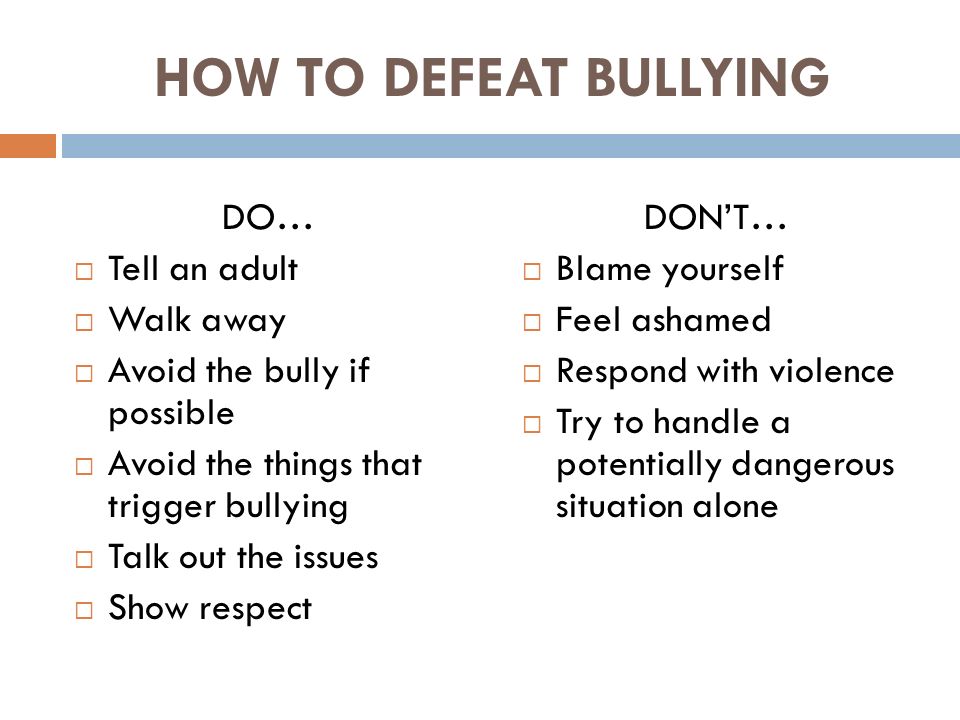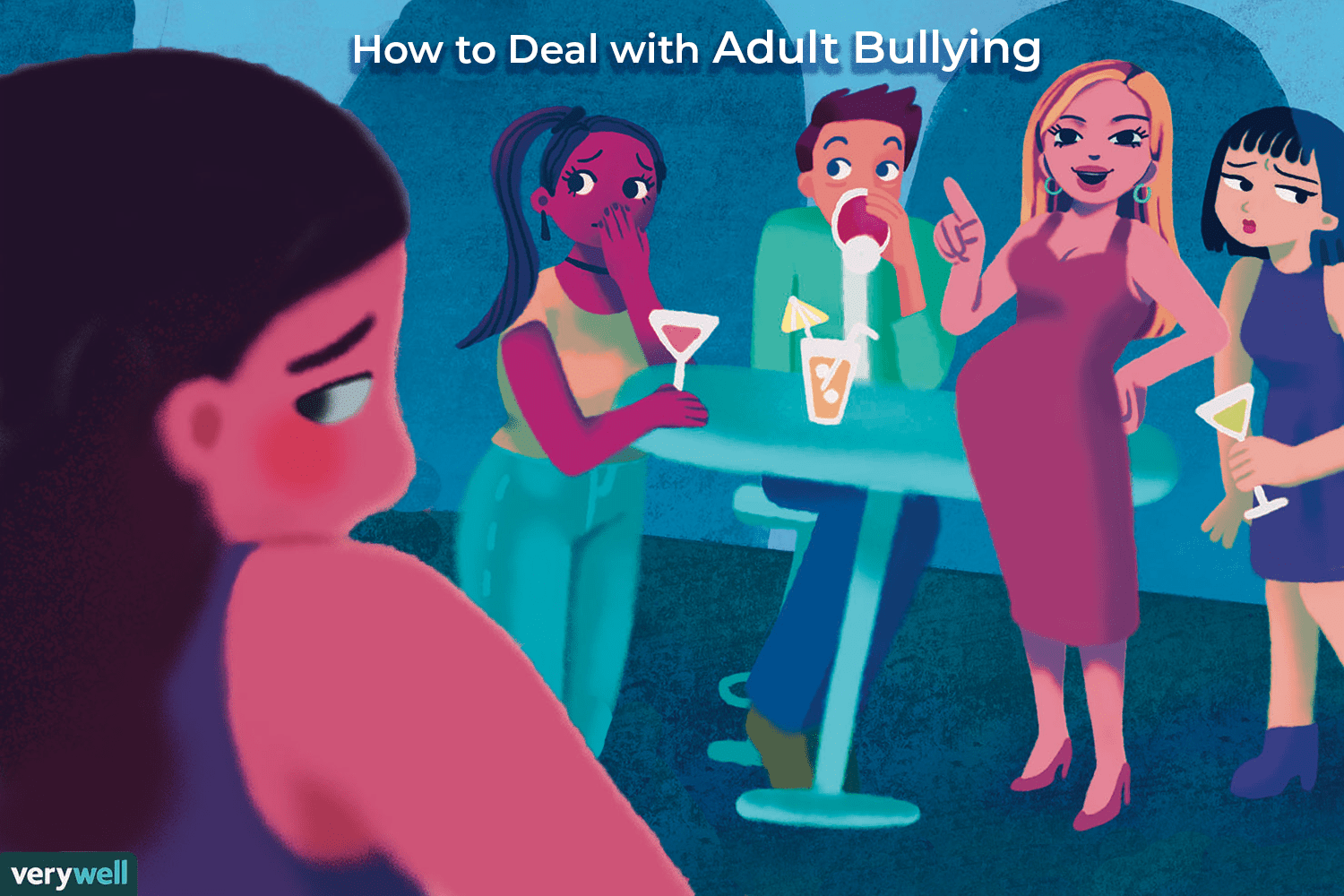Having endured hurtful bullying myself as a shy, sensitive middle schooler, I keenly understand the deep wounds cruel taunting leaves behind for victims. My passion now lies in equipping youth and parents with compassionate coping strategies mitigating bullying’s destructive effects for self-worth when torment unjustly strikes.
Let’s explore constructive evidence-based techniques stopping bullying in its tracks, fostering resilience, forging empathy and disempowering the bully’s influences with time.
Defining Types of Bullying and Its Prevalence
Before covering helpful solutions, what exactly constitutes bullying?
Bullying refers to unwanted, aggressive and repeated behavior among school aged children involving a real or perceived imbalance of power inflicting physical or psychological intimidation.
Top bullying mediums include:
- Physical – Hitting, shoving, stealing, damaging property
- Verbal – Teasing, name calling, offensive sexual remarks
- Social – Spreading rumors, purposefully excluding victims
- Cyberbullying – Harassment via texts/online spaces
Shockingly, between 18-31% of youth globally suffer bullying, exacerbating anxiety, depression, isolation and suicidal risks requiring support.
Spotting troubling signs promptly helps access help efficiently stopping bullying in its early tracks before trauma takes root.
Recognizing Signs of Bullying
Children threatened by bullies often suffer silently fearing worse retribution. Watch for:

- Withdrawing from friends/teams
- Lingering injuries (scratches, bruises)
- Avoiding school suddenly
- Plunging grades
- Torn clothing, damaged possessions
- Trouble sleeping or eating
Vocalize care and concern when you spot potential signals, creating safe space for them to confide details so you can intervene appropriately with school leaders or authorities to cease the harassment. They need not weather abuse alone.
Effective Ways Youth Can Address Bullying Directly
If bullying occurs, respectfully yet firmly notify appropriate staff to pursue accountability, and respond using these methods requiring courage despite feeling afraid internally:

Tell Trusted Adults
- Immediately inform parents, teachers, principals providing detailed documentation like dates, times, witnesses etc. evidencing the harassment
- Request formal disciplinary action be taken ensuring a safe educational environment for all
Use Empathy and Boundaries
- Consider underlying pain causing bully’s misconduct, summoning compassion though standing firm against wrong behaviors
- Politely request the intimidation cease immediately, repeat request clearly if it continues
No child deserves ridicule or fear at learning institutions. Advocating for safety empowers victims reclaiming voice bullies aim to rob.
Healthy Coping Strategies Lessening Bullying’s Damage
While pursuing justice, proactively counter hurtful blows to self-image using self-care:
Seek Loving Support
- Spend quality time with family/friends unrelated to bullying as emotional shelter
- Attend counseling exploring feelings of anger, hurt, blame to process constructively
- Develop talents and skills boosting confidence through art, sports, writing pursuits unaffected by bullies’ demeaning words
- Maintain hobbies, friendships reinforcing self-worth bullies attack on principle
Build Resilience and Allow Healing Time
- You are not defined by bullies’ taunting lies diminishing your talents. Their words reveal inner ugliness, not truths about you.
- Gradually their voices will fade, proving impotent against the reality of your gifts and intrinsic value as a human being.
While bullying deeply wounds confidence initially, taking loving action shields vulnerable places allowing courageous healing.
Overcoming Bullying Through Reflection and Advocacy
In my experience, deep trauma left bullying’s harshest sting. With time and introspection, I reframed painful rejection as an opportunity building empathy, discovering my voice supporting fellow outcasts.
You can overcome bullying’s control by:
- Releasing false blame – The bully’s cruelty is not your burden to carry but rather reveals their unresolved anger requiring professional help. You did not “deserve” this.
- Owning your strengths – Revisit treasured memories confidently affirming your talents, friends and self-worth measuring success on your terms not through cruel eyes.
- Turning hurt into compassion – Consider mentoring younger bullying victims, or pen an article consoling others currently in the trenches. Transform painful isolation into service protecting someone walking miles you’ve already covered.
By projecting empowerment and vulnerability into solidarity with authentic community, bullying loses its power dictating internal value or identity. You embrace life on your own beautifully imperfect, compassionate terms after learning whom you want to become.

